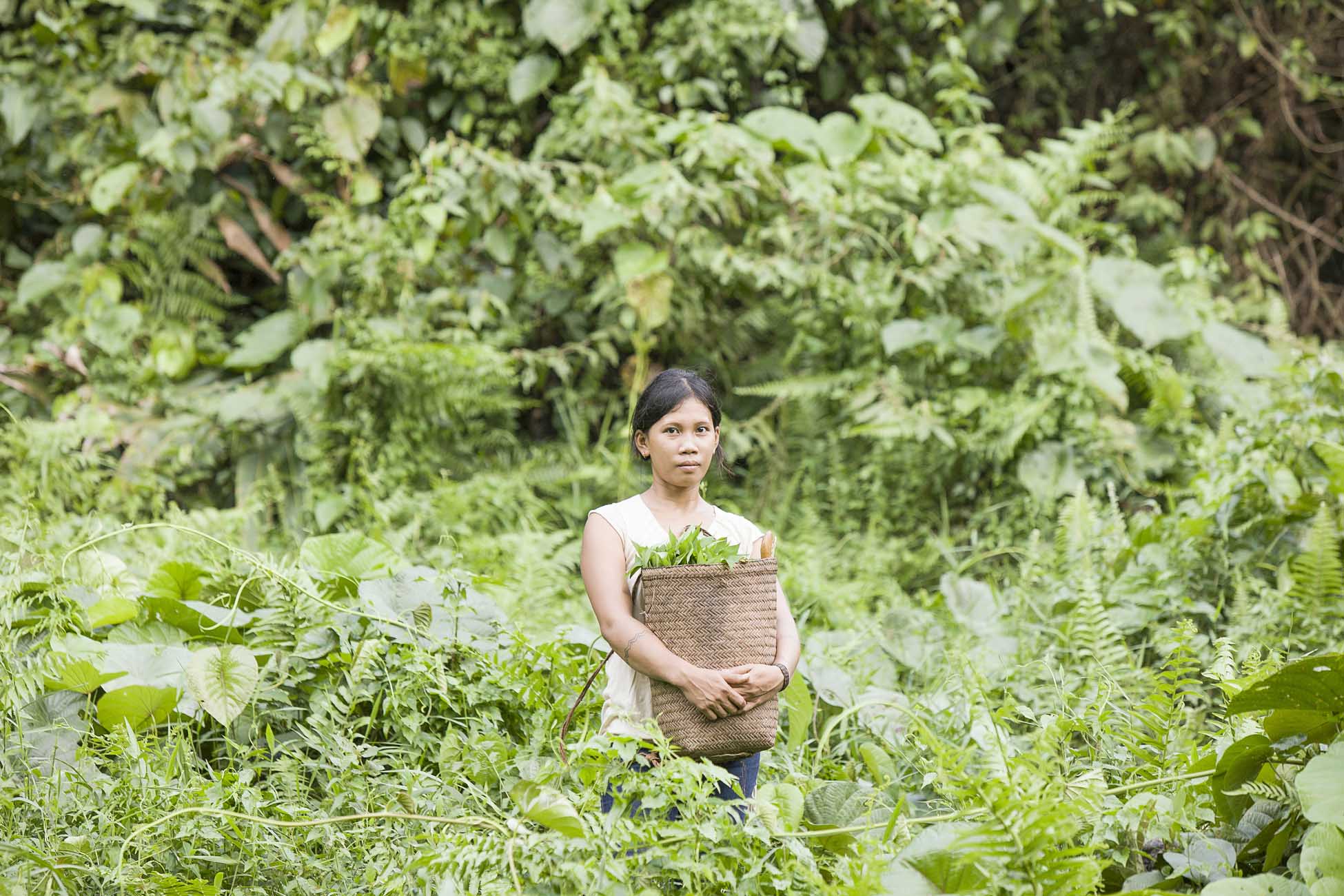Written by Fernando Manurung, AMAN youth
On the second day of the Fifth Indigenous Peoples Archipelago Congress (KMAN) Thursday (16/03), nine symposiums were held. The topics were Next Generation of Indigenous Peoples’ Leadership; Indigenous Community’s Institutional Economics, Spirituality and Culture; Mitigation And Disaster Adaptation; Disability In Indigenous Community, the 2018 Simultaneous Local Election and the 2019 general election as well as the Life Plan for Customary Land.
At the Kampung Duren Selemak Mabar and Secanggang Symposium venues, Nedine Helena Sulu, member of Barisan Pemuda Adat Nusantara (BPAN) (AMAN Youth Organisation) held a symposium on the Life Plan of Customary Land. Serge Matri from LifeMosaic facilitated the topic. The other speakers were the Daily Governing Body (BPH) of AMAN Kampar, Riau Himyul Wahyudi; representative of Lembaga Adat Serampas, Ishak Pendi, representative of Indigenous Community of Talang Mamak Riau and Liliana Mueles and Jeremias Tunubala, indigenous leader from Misak, Colombia. Both Liliana Mueles and Jeremias Tunubala did not attend the symposium physically but they presented via video call. The symposium was moderated by Modesta Wisa from DePAN Nusantara (Dewan Pemuda Adat) Nusantara Kalimantan region.
In the video call, Liliana and Jeremias discussed how indigenous peoples of Misak struggle for survival.
“If the customary land disappears, the indigenous community will also be disappear. Our generation will not understand their mother language, traditional clothes, customary law, endemic trees and so on,” Ratna says.
Indigenous community of Talang Mamak talked about the ‘Plan da Vida’ that they have been carrying out for the last year. They presented the plan in the form of the Tree of Talang Mama. The roots spreading down to express the history of the indigenous community itself. The tree’s strong trunk is identity, the self-determination of Talang Mamak; sovereignty, customary land and customary institution.
Economics, education, healthy, forest, culture, communication and customary law are expressed by the branches of the tree. It is completed by lush leaves: clean water, transportation system, occupations, learning spaces, mother language, herbal medicines, trees, sacred forest, song, music, traditional food, gawai gadang, smile of parents and their children and so on.
At the end of the symposium, the facilitator and harvest team invited all participants to sing together.
